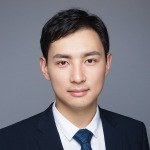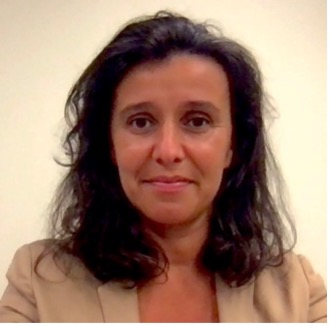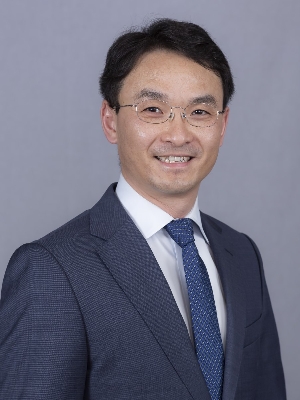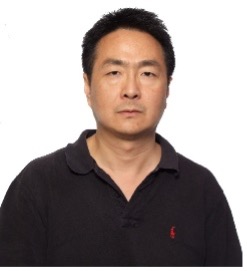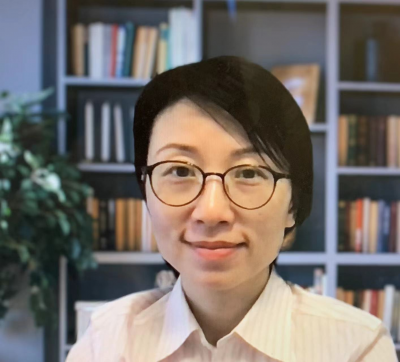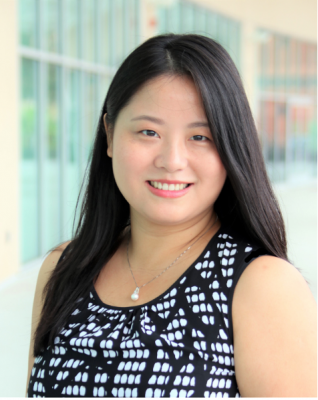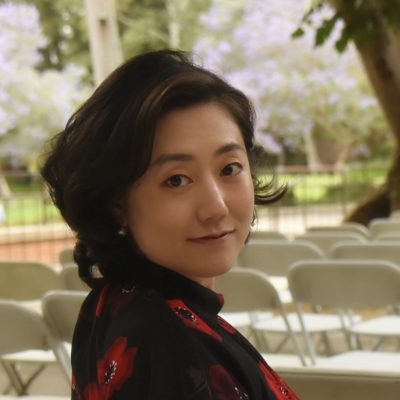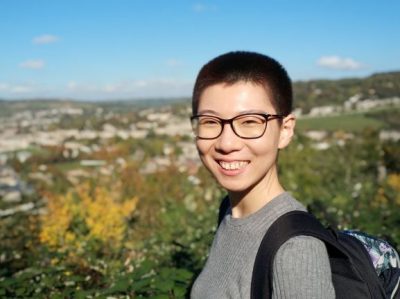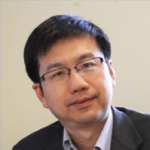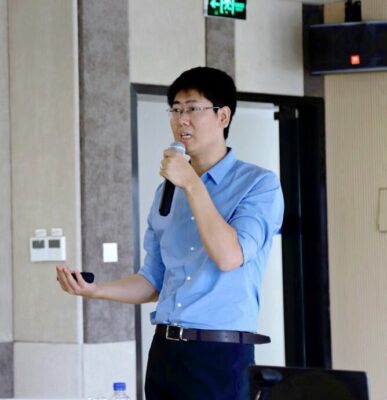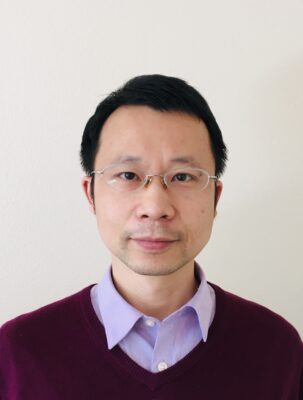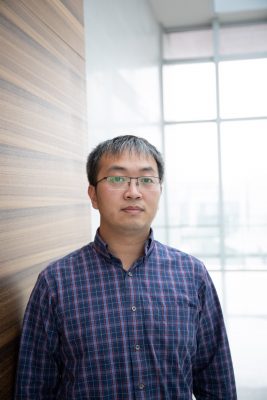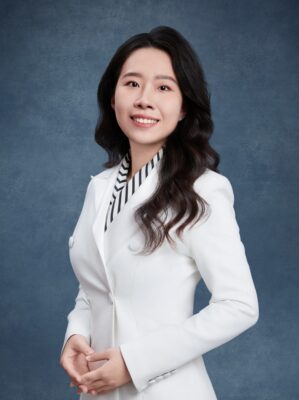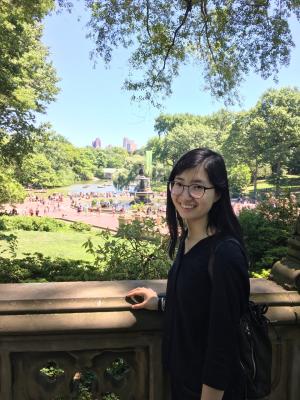Dr. Chen is an Assistant Professor of Health Policy at Duke Kunshan University. Her research aims to promote holistic wellbeing and prevent chronic diseases, especially among underrepresented and underserved populations. She is particularly interested in using mixed methods and GIS mapping and modeling to investigate the root causes of chronic diseases, develop and evaluate health programs and policies. At Duke Kunshan, her teaching interests include global health, global disease control programs and policies, and social determinants of health.
She is a public health specialist with rich work experience in a wide range of public health context including as a registered nurse at Peking Union Medical College Hospital, as a health educator II for the South Carolina state health department, and as researcher/program evaluator/consultant for local and statewide health programs in the U.S.
Her research has been published in top academic journals including American Journal of Health Promotion, Journal of Epidemiology and Community Health, the European Journal of Obesity, American Journal of Preventive Medicine, Journal of Public Health Nutrition, American Journal of Respiratory and Critical Care Medicine, and Chinese Journal of Modern Nursing.
She is also a certified Master Certified Health Education Specialist and an active member of the American Public Health Association, the Obesity Society, Society of Public Health Education, and National Association of Chronic Disease Directors. She also serves as peer reviewer for health journals.
Chen has a B.S. in Nursing from Peking Union Medical College, Tsinghua University; an M.P.H. in health promotion, education and behavior from the University of South Carolina; and a Ph.D. in health promotion/education at the University of Alabama, Birmingham. Before joining Duke Kunshan, she was an assistant professor in the Department of Public Health at California State University, Los Angeles.



